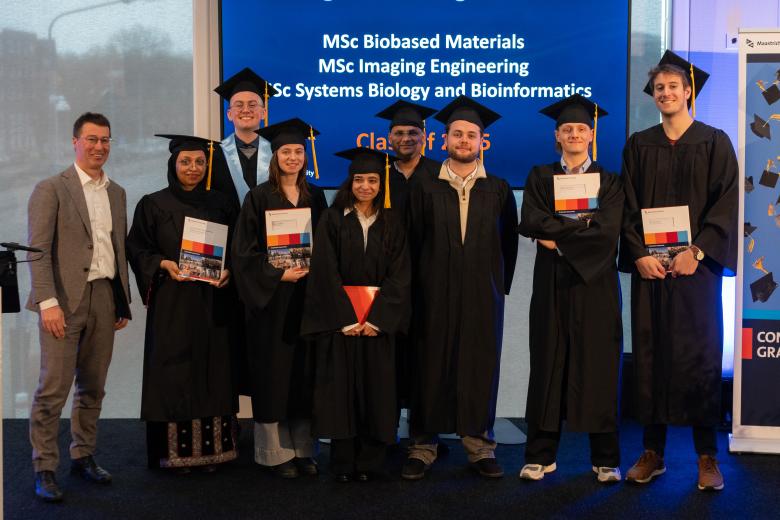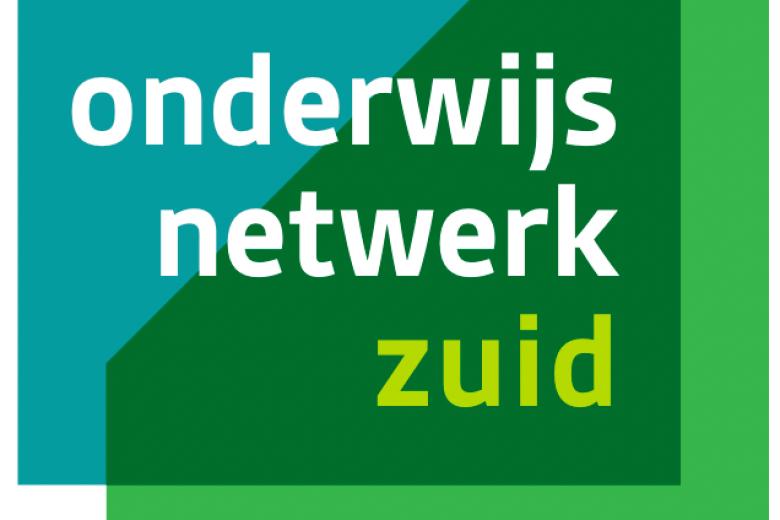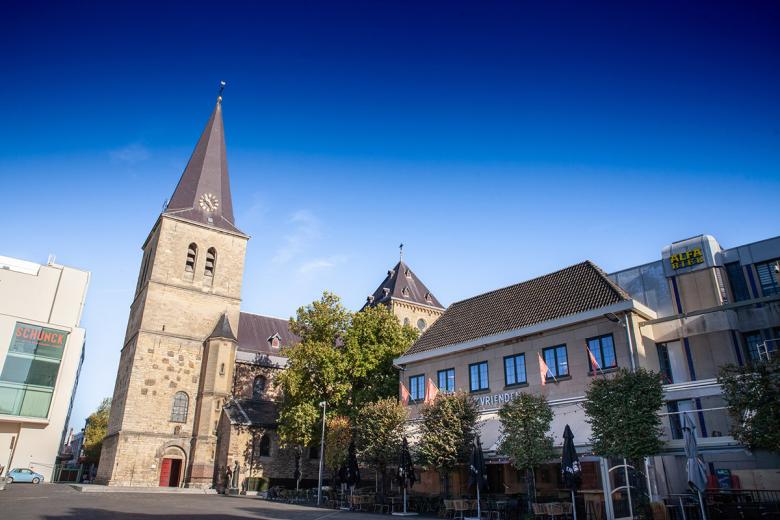Limburg economy benefits from sciences
Since 2010, Maastricht University, in cooperation with the Province of Limburg, has invested heavily to increase the supply of science. The positive results of this are visible through the Brightlands campuses, among others. The conclusion of the project, called "Strengthening Natural Sciences," was festively marked with the unveiling of a work of art.
Knowledge-driven economy
The establishment of Maastricht University is rooted in the need for further regional economic development. One of the main drivers in the continuous further development of academic education and research in Limburg is the compensation of the mine closure and the transformation to a full-fledged knowledge-driven economy.
Maastricht University has made great strides in the development of almost all scientific disciplines, with the natural sciences and engineering sciences being the crowning glory of the current knowledge offerings. The creation of these two disciplines was partly driven by the needs of industrial parties in Limburg. The natural sciences include chemistry, physics, biology, and all its derived disciplines.
The foundation has been laid
During the first phase of the project, five so-called deliverables were developed: three programs and two research groups, which form a solid foundation for the natural sciences in Limburg:
- Bachelor's program Maastricht Science Programme
- Master's programs in Biobased Materials and Systems Biology
- Research groups: Maastricht Centre for Systems Biology and the Biobased Materials group.
The positive effect of the above programs has led to a broadening of the offerings within the natural sciences.
Without the Strengthening Natural Sciences project, there would never have been a (real) STEM faculty in Limburg. We do have one now. In fact, we are now an indispensable link in the Dutch landscape. The faculty is a catalyst of, and inspiration for, a range of initiatives.
Dean Faculty of Science and Engineering Thomas Cleij
National and international exposure
Maastricht University students and researchers are now contributing to long-term projects that are putting Limburg and the Euregion on the international map, such as:
- ETpathfinder in Maastricht, a testing ground for developing technology for new gravity wave detectors, including the Einstein Telescope
- Brightsite and the Aachen Maastricht Institute for Biobased Materials (AMIBM) in Sittard-Geleen, on the road to a climate-neutral Chemelot
- Brightlands Future Farming Institute in Venlo, solutions for sustainable food production
With the Strengthening of Natural Sciences, Maastricht University and the Province of Limburg have created a considerable amount of direct and indirect jobs in the sciences. The Faculty of Science and Engineering itself has some 470 employees. With its 3,700 students, the faculty contributes significantly to relieving the pressure on the tight labor market for STEM in our region.
New programs with impact
In recent years, new undergraduate programs in Circular Engineering, Business Engineering and Computer Science also started. These are all programs that consider important challenges such as sustainability and digitalization of our society.
The above developments would not have been possible without the initial and substantial investment in strengthening na¬tural sciences by the University and Province of Limburg. It is expected that the regional impact of strengthening natural sciences will only increase in this way.
On this foundation, the Faculty of Science and Engineering will build an essential science and education base in the coming years, contributing to solutions for the transitions that Limburg, the Netherlands, Europe and even the world will go through. What will our food production look like in the future? How will we deal with the resource transition? What impact will AI and robotics have on healthcare, for example? How will the aforementioned transitions have a place in our region and in everyday life? To contribute to this, the faculty has firm growth ambitions on the Brightlands campuses.
"The main ambition of both the Province of Limburg and Maastricht University has been from the outset to ensure that through the investments in Strengthening Natural Sciences a flywheel would be created for spin-offs in the science, technology, engineering and math sector. In this way to ensure that our economy remains vital, there is a good climate for entrepreneurs and it is pleasant to work in Limburg. The results show that this has been met to a large extent and the project has, among other things, contributed to Limburg's reputation as a 'Top Technological Region'."
Delegate Elianne Demollin-Schneiders
Also read
-
Ron Heeren appointed fellow of the Netherlands Academy of Engineering
Professor Ron Heeren, distinguished university professor at Maastricht University (UM) and director of the Maastricht MultiModal Molecular Imaging Institute (M4i), was appointed as a fellow of the Netherlands Academy of Engineering (NAE) on Thursday 11 December.
-
A strong education network for Brabant and Limburg: better alignment, less dropout
On November 24, 2025, secondary schools (VO) and higher education institutions (HO) in Brabant and Limburg signed up for the Education Network South Netherlands: one VO-HO network that will improve the flow of students to further education and reduce dropout rates.
-
Municipality of Heerlen, Parkstad Urban Region and UM invest 6 million in collaboration
Heerlen grants a one-time contribution of €1,478,050 to Maastricht University as part of the Regio Deal application ‘Fundament onder UM-onderwijs in Heerlen’ . This amount comes from the Fonds Economische Structuurversterking (FES) . The funding will help establish university education facilities in...